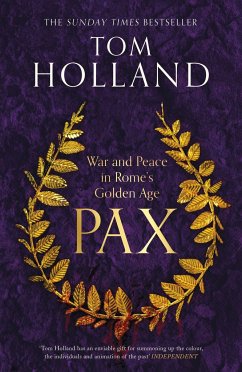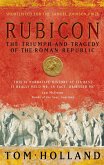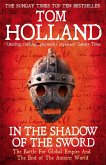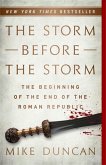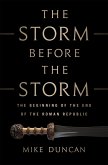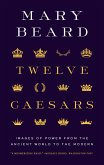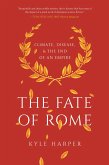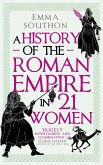Holland, who co-hosts the podcast The Rest Is History, is at his best when having fun with Rome's bloody history. He has a novelist's vibrant writing style and turns a good phrase. Familiar elements of this period, such as the destruction of Pompeii, still feel fresh in his retelling and he avoids the temptation of so many joyless modern classicists to moralise about what rotters these Romans were with their slavery and their bloodshed and their lack of a proper safeguarding mission statement. He judges them purely by their own values Patrick Kidd The Times

